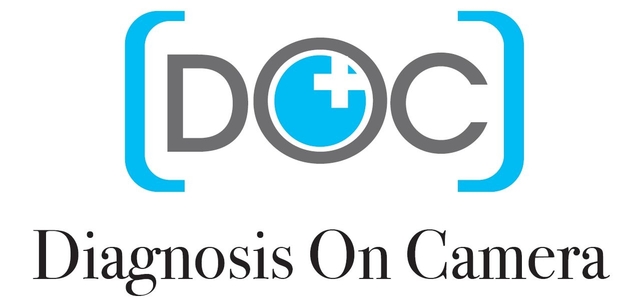How a secure photo sharing app is freeing up appointments and saving patients time at Rosedale Medical Practice
Rosedale Medical Practice in Port Talbot, like many GP surgeries across the UK, was experiencing huge demand for its services and long wait times were having a negative impact on patient satisfaction. Two years ago, Dr Paul Williams decided to introduce the Diagnosis On Camera app, which allows patients to send photos to the surgery securely from the comfort of their own home. The app has revolutionised the way the medical practice treats dermatological concerns, allowing them to help more patients without the need for them to see a GP in person.
The price for Doc App is £250 + VAT per site, per year


